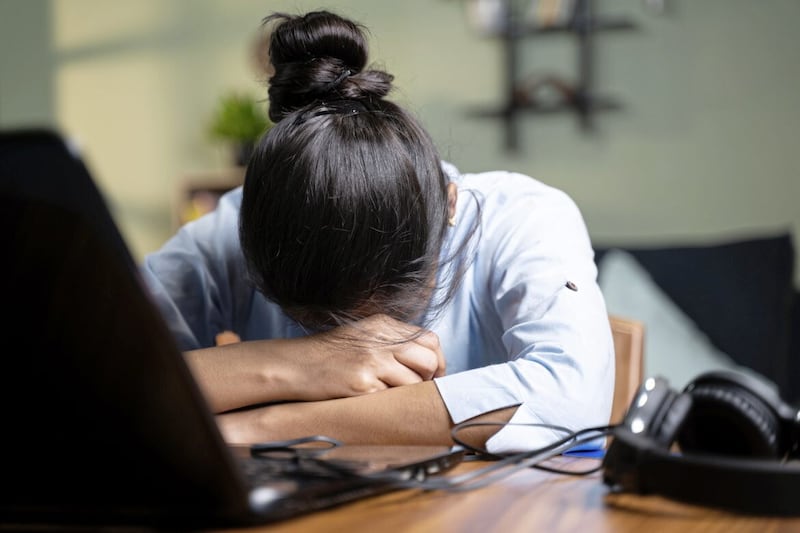ENTREPRENEURSHIP seems to have gained a bit of a 'rockstar image' in the past few years.
As some of our very wealthy business tycoons currently sail around the Med, it’s no wonder that there is a sense that entrepreneurship can lead to “having it all”.
Of course, for some it will but, like any industry, there’s the celebrity status for the few and then there’s the reality status for the many.
I recently worked with a small manufacturing company where the owner hadn’t taken a holiday in five years, and although the five-year span is unusual, this is not an isolated case.
In a recent survey undertaken by Skillshub (June 2023), nearly one in five small business owners (18 per cent) did not take a holiday within the first two years of starting their business.
In the same survey, nearly 60 per cent of small business owners said they worked more hours than they did when they had a regular job and 61 per cent stated that running their own business makes them feel enslaved.
There are certainly a number of small business owners across the country that did start their business - in part –to have a better work life balance and gain more control over the timing of their working day.
Fast forward a year and the same individuals often feel trapped in their businesses – not able to leave it for any length of time and unable to switch off from the everyday problems that naturally arise.
All of this is a world away from the 'rockstar' image. Is there any other form of employment where this is allowed with all the associated burnout and long-term issues on an individual’s mental health?
These issues are rife amongst the entrepreneurial population and yet it seems the problems lack any serious airtime.
Part of the problem seems to be with the perception amongst entrepreneurs themselves that a lack of self-care and the constant threat of burnout is part of the entrepreneurial package.
This idea needs to change in the advertising, training courses and development opportunities for entrepreneurs.
Small business owners and new founders need to understand that this doesn’t have to be the norm and they need more practical tools in strategic and operational planning.
Showing entrepreneurs a different way of doing business is of course key for the individual’s well being and effectiveness, but also for those close by.
Small business owners are often family people and if they are experiencing burnout then there can be huge repercussions on those near and dear.
Then there is the acceptance amongst the general population, that working long hours is inevitable when you’re a small business owner and what is totally unacceptable for the employed workforce is somehow OK for small business owners?
The well-being of the entrepreneurial population is largely being ignored in 'employment' legislation, because it’s accepted that this is 'just the way it is'.
Why, for example, does every other “employee” have a defined number of working hours in their week while the self-employed go unsupported?
Maybe we just haven’t taken enough time to know what this might look like?
Perhaps it is time that the mental health and well-being of small business owners is prioritised – not just for the individuals themselves but for their families who often depend on that business for their financial security and on the business owner to work in a 'fit for purpose' environment.
Michelle Lestas is a turnaround small business specialist, entrepreneur, published author of 'In Business with Yourself'. She is also chair of the Association of Business Mentors (Ireland).






